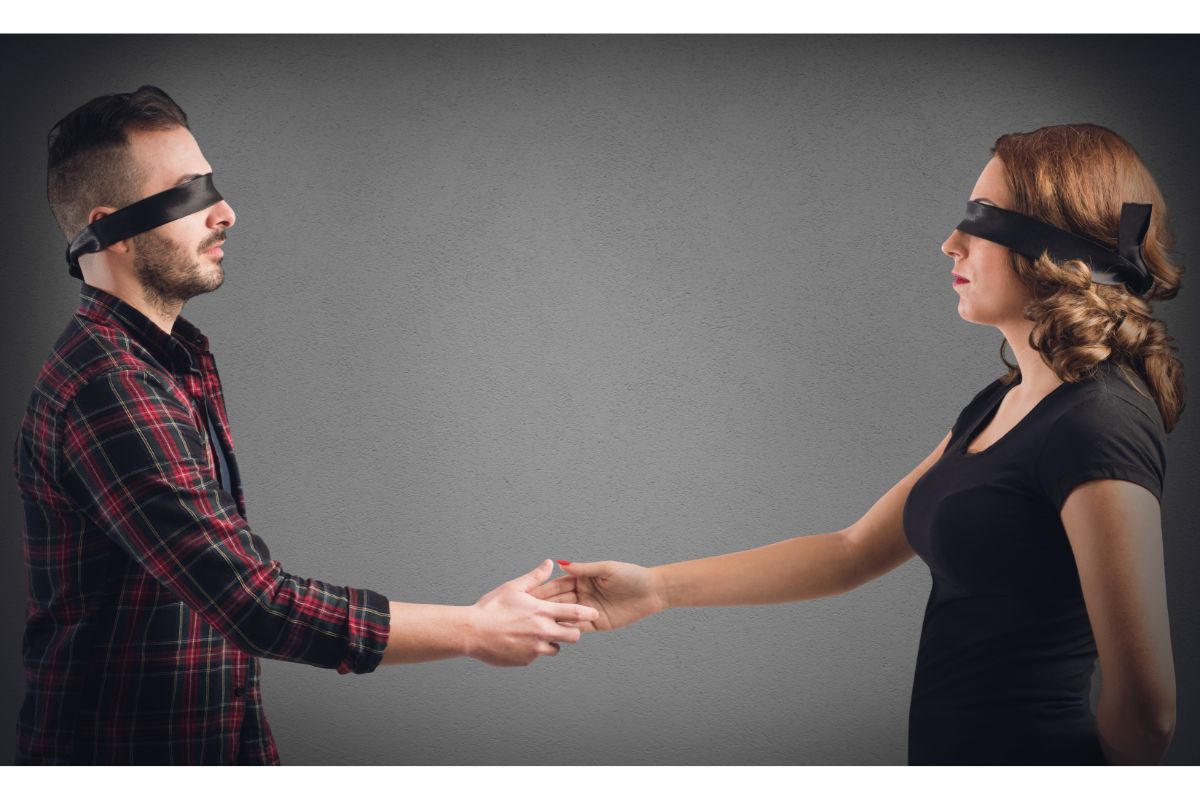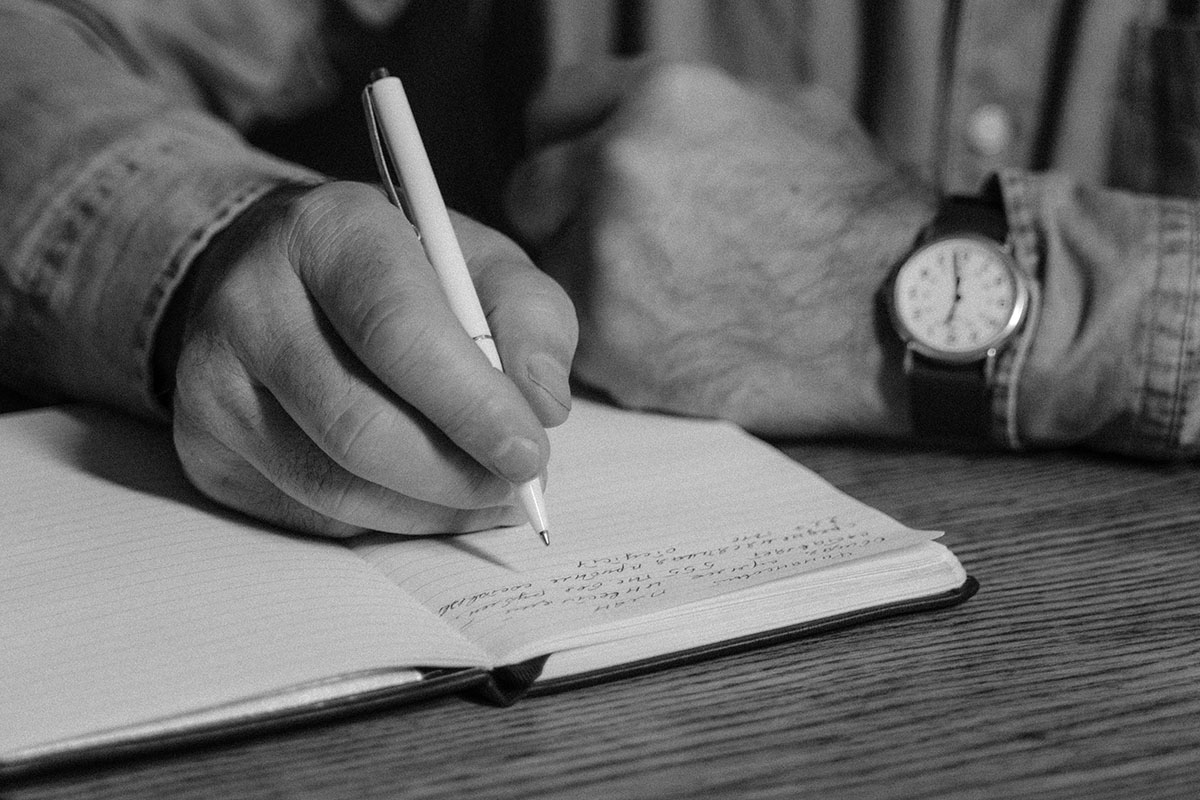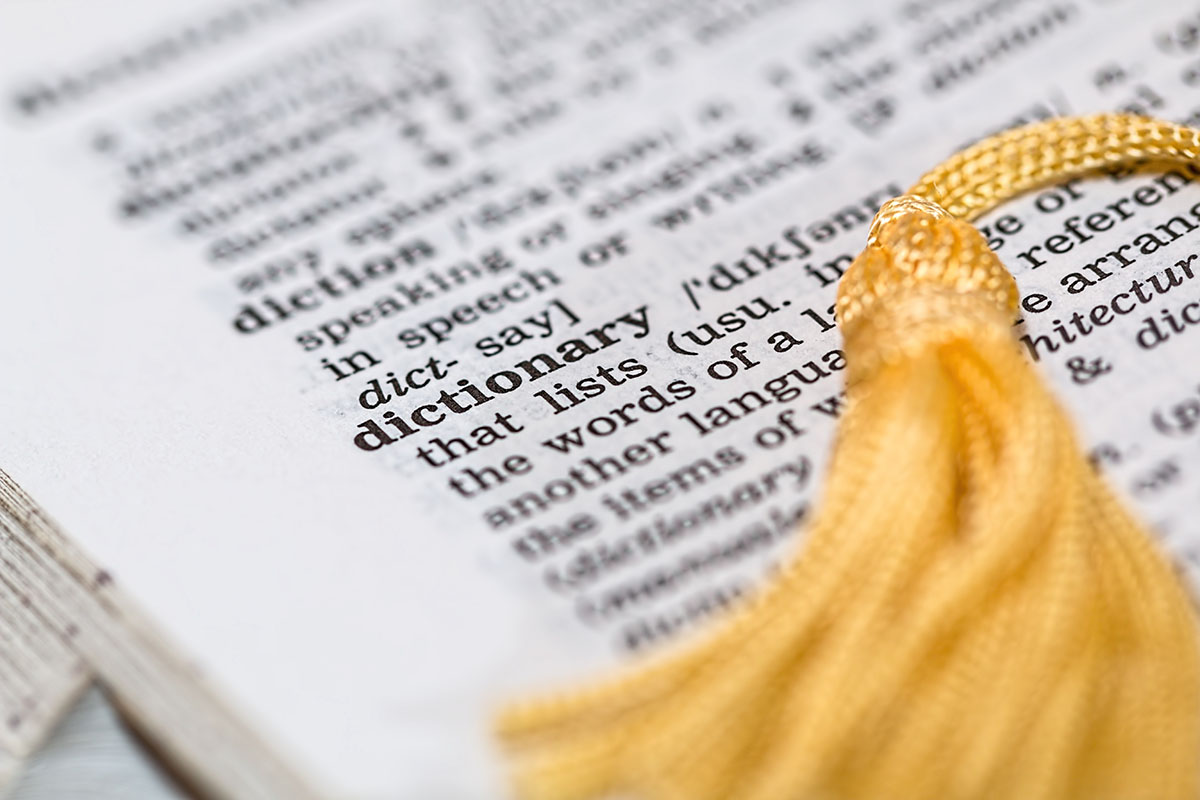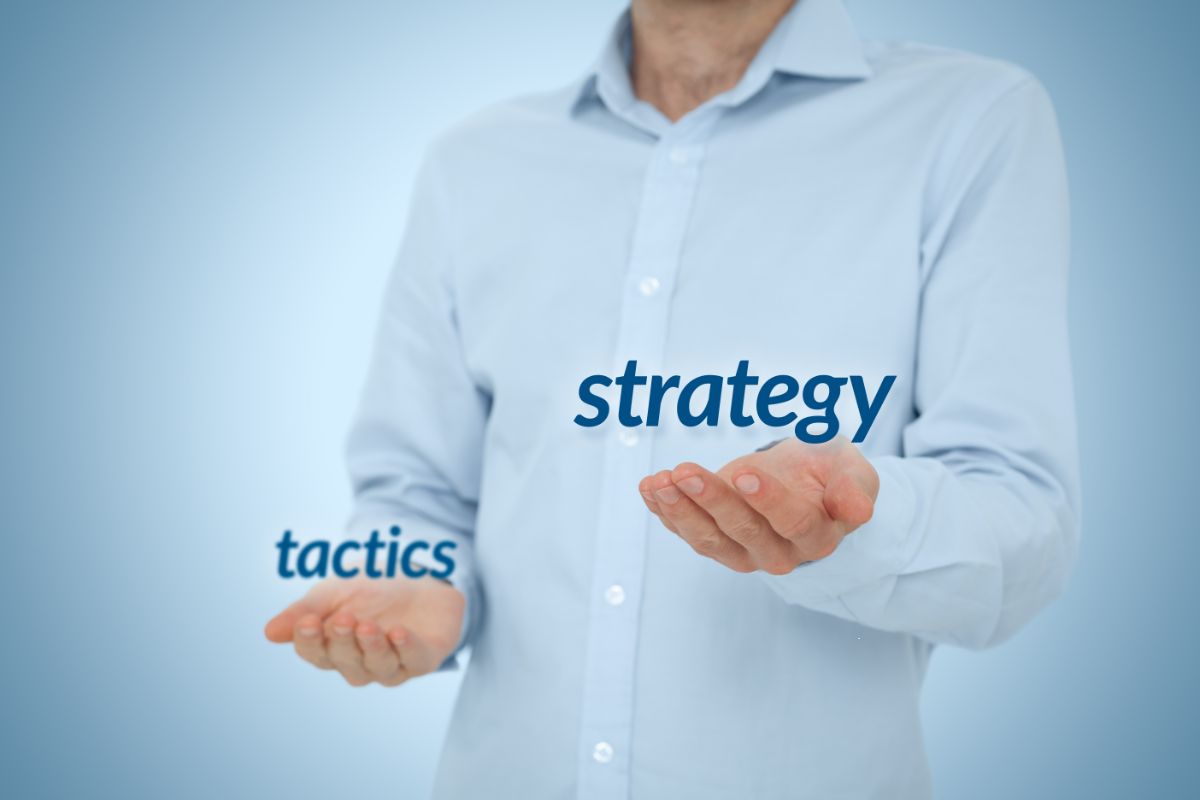Blog
Distinguishing Between Friends and Acquaintances
To this day, one of my favorite rock band is The Who. Pete Townshend, the guitarist and primary composer (he wrote almost all of their songs) churned out an impressive body of work over the decades. Who can forget hits like Pinball Wizard, Baba O’Reilly, Slip Kid, or Join Together? But even some of his lesser-known songs showed some real feeling, such as the rock ballad “How Many Friends Have I Really Got?” That song comes off the album known as The Who By Numbers. It didn’t get a lot of air play, and the song probably is not one of Townshend’s better compositions, but he is asking an important question with that song, one that all of us should ponder.
When we say “he” or “she” is a friend of ours, what do we mean, exactly?
Do we mean the person in question is on relatively good terms with us and is not a stranger?
Do we mean the person in question is not an enemy? Therefore, they must, by default, be a friend?
Would the person in question reciprocate and claim you were a friend of theirs? Or might they merely see you as a warm acquaintance, or a colleague at work that you get along with, but not what one would normally think of as a friend?
Here’s another set of considerations: How often do you reach out to make contact with a given friend (via phone, email, text, or whatever)? And how often do they initiate contact with you? Let’s face it, sometimes one “friend” does all of the initiating while the other “friend” is on the receiving end 100% of the time. Is that friendship? I’m not suggesting it’s not; but if it is friendship, why is the initiating of contact so one-sided?
Sometimes a friendship may grow stale, or one party may outgrow the other party. Sometimes circumstances, such as geographic distance, or a change in marital status, may put strains on the friendship and may even cause the vibrancy to fade. . . Yet other friendships are so robust, so locked-in, that much time can pass without any contact whatsoever, and then when you finally get on the phone, the magic is still there and it’s like the two of you never missed a beat.
One thing I notice in my friendships is that some of the best ones are those where I actually enjoy hearing the other person talk and engage in conversation with me. I think of BY, LR, and LB right away, as well as DB, RB, and others. Some friends I just simply admire them for who they are, such as VW, MS, DS, and the married couple consisting of JB and SB. CM is someone I’ve known since 4th Grade, and we will be bound at the hip, in spite of our geographic distance, for the remainder of our lives; she’s a perennial friend. There are many others I could reference (TD, for example, or JM, or CD, or CB). I feel blessed beyond measure that friendship took root between me and them.
However, contrary to Pete Townshend’s lyrics, I’m less interested in the number of friends I have (about 37 or so) than I am about the quality of those friendships, which, admittedly vary. There’s not a lot of uniformity in the nature of those friendships. They are as unique as the people themselves.
But here’s how I know if someone is a friend (in my own estimation): if a true friend shows up at my door unannounced, how would I react? I would welcome them in, I would be thrilled or honored to see them, and I would only be mildly curious what caused them to show up. I would be “in the moment” with them and would enjoy the interaction. However, if a mere acquaintance or colleague showed up unannounced, I would be on guard. I would be a bit stiff, on edge, guarded, curious what prompted the visit, puzzled by what their agenda, hidden or otherwise, might be.
One thing I am definitely convinced of is that if you choose good friends, people who build you up rather than bring you down, that help you grow and evolve and be more decent, then you are a lucky person. And the more high quality friends you can surround yourself with, the better. It will have a profound effect on your mentality, your psyche, your well-being. My friend, DB mentioned above, considers me her “fun friend” and we do have fun whenever we get together. But she’s tough on me. We have different world-views on certain matters (as well as parallel, compatible world-views on yet other matters) but she is not afraid to hold me accountable when I don’t measure up. She’s also very open minded to consider my alternative views on certain subject, and I extend that same openness to her. We’ve both grown as a result.
Guard your closest friendships and nurture them. Do not take them for granted. Celebrate the birthdays of your friends, as I did several times this past week. My friends know that I love them and value them.
And don’t worry so much about what your friends can do for you. I have found that by focusing instead on how I can impact the lives of my friends for good, it makes for a very healthy dynamic.
Friendship.
A very important part of self-development.
As Abraham Lincoln once said, “The better part of one’s life consists of his friendships.” But also, as Henry David Thoreau once said, “I do not wish to treat friendships daintily, but with roughest courage. When they are real, they are not glass threads or frostwork, but the solidest thing we know.” And finally, as Kahlil Gibran wrote, “And in the sweetness of friendship let there be laughter, and sharing of pleasures. For in the little things the dew finds its morning, and is refreshed.”






